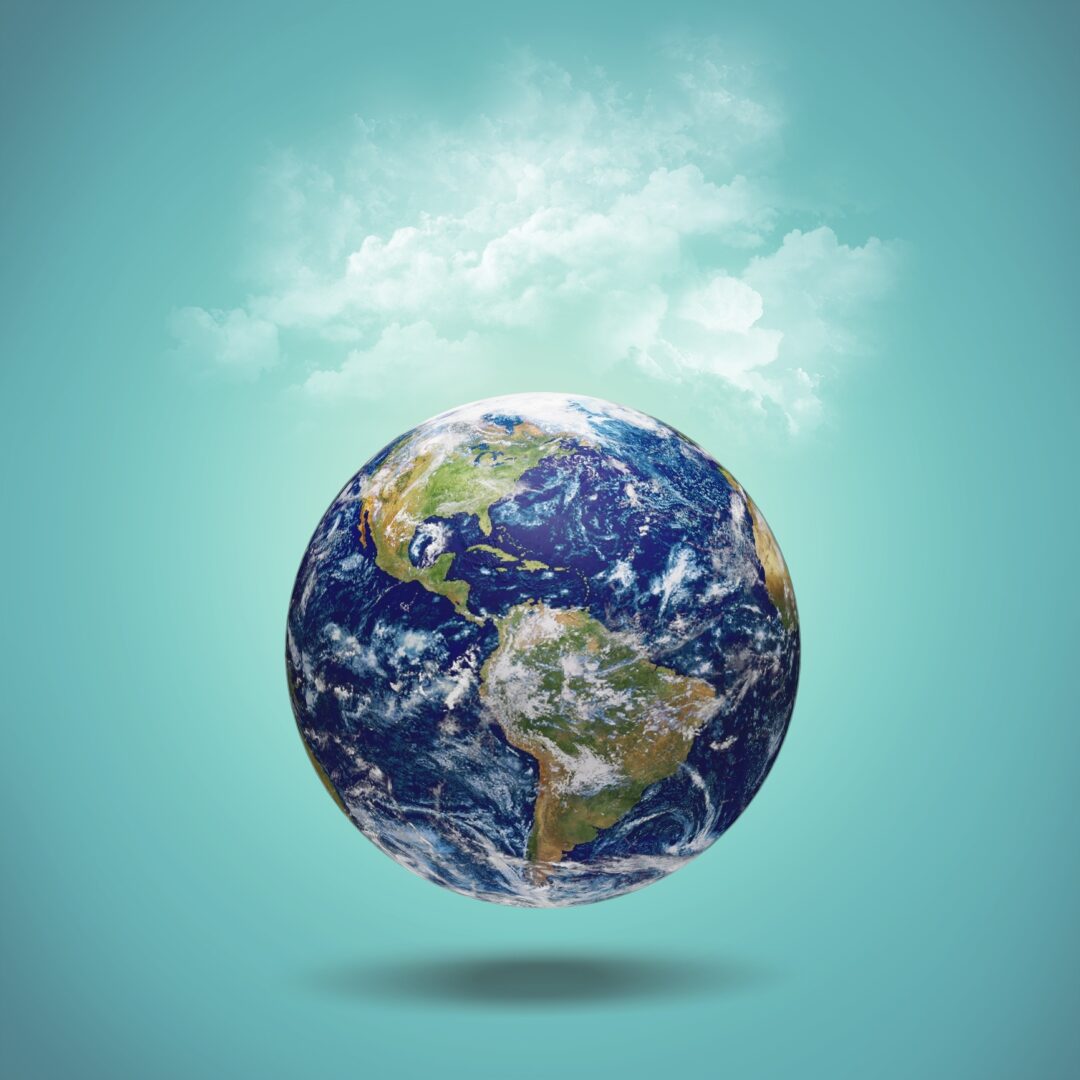Wednesday, June 5 is World Environment Day!
There’s good news and bad news.
The bad news is: air pollution causes 7 million deaths each year, according to the Barilla Foundation. More than 90% of people globally live in areas where air quality levels are below WHO standards, according to a press release from the Foundation, leading to associated problems and the aforementioned statistic. It also contributes to food insecurity. “In short,” the release states, “these figures highlight that our planet is literally on fire.”
The release focuses on air pollution due to agriculture, noting that the emissions of nitrogen oxides and other volatile organic compounds not only affect the air, but penetrate the structure of the plant, preventing it from growing. That being said, while agriculture is the area that the Natural Products Industry is best suited to address (Dr. Bronner's,for instance, is taking regenerative agriculture to another level),research from EPAconducted in 2017 found that agriculture only makes up around 9% of greenhouse gas emissions—transportation, electricity, and industry, between the three of them, make up 79%. (PCC Community Marketsis taking on that area, though, proving that this industry is up to the challenge.)
More bad news: New data from an observatory in Hawaii has found that atmospheric concentrations of carbon dioxide have risen for the seventh consecutive year, according toThe Guardian.
Deforestation in the Amazonsurged in May,leading environmentalists to fear that 2019 as a whole will be one of the worst years for deforestation.
And, of course, we all know thatwe don't have much time to reverse our current course.
And there’s more—but you get the picture.
Now for the good news: People are acting.
Most visibly, 21 youth activists are facing down the U.S. government in Oregon, where attorneys will petition to let their climate case go to trial. The case in question is Juliana v the U.S., which charges the federal government with violating the constitutional rights of youth by perpetuating systems that contribute to climate breakdown,according to The Guardian. The Associated Pressclarifies that the activists are arguing that government officials have known for more than 50 years that carbon pollution was causing climate change, and that policies promoting fossil fuel usage deprive them of their constitutional rights to life, liberty, and property.
Less visibly (for now), several African countries are uniting to build aGreat Green Wall:the goal is to grow an 8,000 kilometer forest across the width of Africa, preventing the spread of the Sahara desert, improving food security, improving water security, and creating fertile land if you’d like to contribute—by sharing the news or donating directly—check outwww.greatgreenwall.org.
In more good news,Newsner reportedthat a couple in Brazil replanted a 1,754 acre forest in Brazil—and have since seen the return of 30 different species of mammals, 168 species of birds, and 15 species of reptiles.
According to PBS,a team of scientists has found a way to make coral grow 25 times faster than it otherwise would—and they're making good use of species equipped to handle our increasingly acidic oceans.
These actions have an effect: As of November 2018, the ozone layer appeared to be repairing itself.According to The Week, a report from the United Nations suggested that by the 2030s, the Northern Hemisphere could be fully repaired. The process could be delayed by chemicals that are still unregulated, and we shouldn’t breathe easy yet—but there is hope.

Previewing Expo West 2025
March 2, 2025








